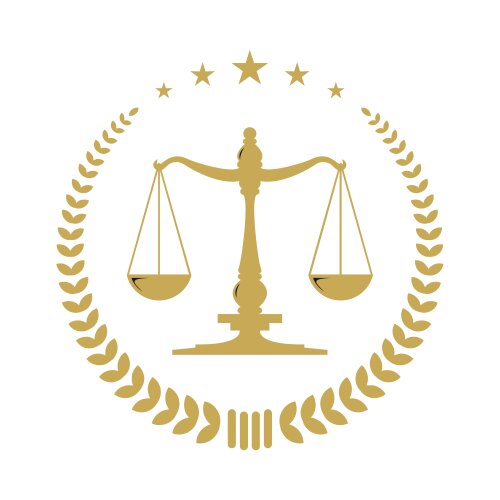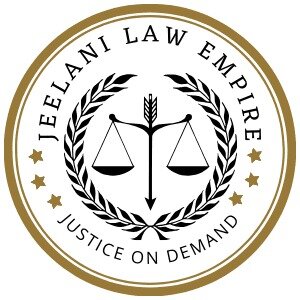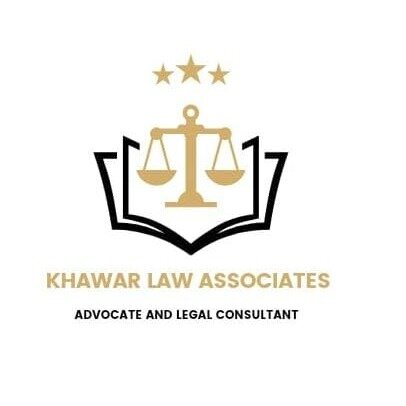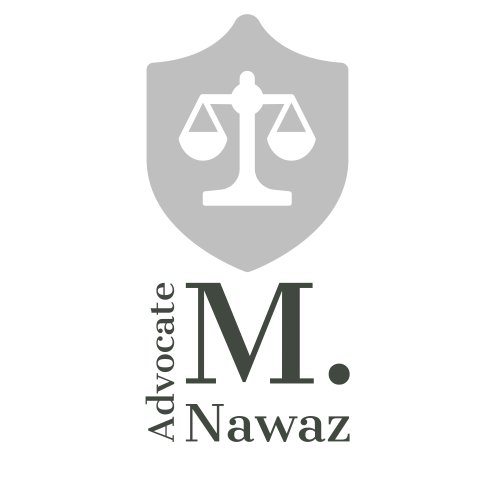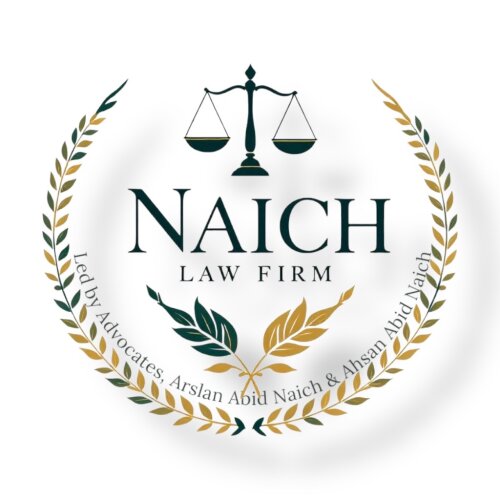Best Defamation Lawyers in Pakistan
Share your needs with us, get contacted by law firms.
Free. Takes 2 min.
Or refine your search by selecting a city:
List of the best lawyers in Pakistan
About Defamation Law in Pakistan
Defamation in Pakistan is primarily governed by the Defamation Ordinance, 2002. Defamation is understood as any wrongful act of harming a person’s reputation in the public eye through false statements. The law in Pakistan recognizes both spoken (slander) and written (libel) forms of defamation, and provides aggrieved parties avenues to seek redress. Defamation can be further categorized into civil or criminal offenses, depending on the nature and intent of the act.
Why You May Need a Lawyer
Individuals and organizations may require legal assistance in defamation cases for various reasons, including:
- When false statements have been published or spoken about you or your business, causing harm to your reputation or financial loss.
- If you're facing legal proceedings for defamation and need professional defense to protect your rights.
- To understand the evidence requirements and legal implications before pursuing or defending against defamation claims.
- To negotiate settlements or issue legal notices to cease any ongoing defamation activity.
Local Laws Overview
Key aspects of the Defamation Ordinance, 2002 in Pakistan include:
- Definition: Any statement that harms a person's reputation is considered defamatory.
- Types of Defamation: Consists of libel (written) and slander (spoken words).
- Jurisdiction: Legal proceedings can be initiated in district courts. In certain criminal aspects, it can be pursued under the Pakistan Penal Code.
- Time Frame: An action for defamation must be brought within two years of the defamatory act.
- Defenses: Common defenses include truth, fair comment, and privilege.
- Damages & Penalties: Damages could include compensation for actual losses and non-economic damages like mental distress, while criminal proceedings might involve fines or imprisonment.
Frequently Asked Questions
What constitutes a defamatory statement in Pakistan?
A statement is considered defamatory if it exposes a person to contempt, ridicule, or disrepute, or harms their reputation despite being false.
How can one prove defamation in a legal setting?
To prove defamation, you must establish that the statement was false, published or spoken to a third party, and resulted in reputational harm or financial loss.
Can social media posts be considered defamation?
Yes, defamatory content on social media can be actionable, given social media can reach a large audience quickly.
What are the remedies available in defamation cases?
Remedies may include monetary compensation, retractions, public apologies, or punitive damages, depending on the severity and intention.
Is there a difference between civil and criminal defamation?
Yes. Civil defamation involves lawsuits seeking damages, while criminal defamation can result in imprisonment and fines.
What is a ‘privilege defense’ in defamation cases?
Privilege defense applies to statements made in certain protected environments, such as during judicial proceedings, where it is necessary to speak freely without the risk of litigation.
Can truth be used as a defense in defamation cases?
Yes, if the defamatory statement can be proven true, it serves as a strong defense against defamation suits.
Do public figures have the same protection as private individuals in defamation laws?
No, public figures often have a higher threshold for defamation claims due to their public nature, often requiring proof of actual malice.
What is ‘actual malice’ in the context of defamation?
Actual malice refers to the intent to harm or reckless disregard for the truth when false statements are made against someone.
Is consent a valid defense in defamation cases?
Yes, if the individual consented to the publication of the statements, it could nullify claims of defamation.
Additional Resources
For more information and assistance, you may consider the following resources:
- The Pakistan Bar Council for legal advisory services.
- The Ministry of Law and Justice for legal frameworks and updates.
- Local legal aid clinics and notable law firms specializing in media and communication law.
Next Steps
If you believe you are involved in a defamation case or wish to protect your rights, consider the following steps:
- Consult a Lawyer: Seek a legal expert with experience in defamation cases in Pakistan to evaluate your position and suggest viable legal approaches.
- Gather Evidence: Collect all documentation, witness statements, and any material relevant to your case.
- Consider Alternative Dispute Resolution: Mediation or arbitration may offer quicker resolutions outside of court.
- File Legal Proceedings: If necessary, initiate a legal suit in the appropriate court jurisdiction to seek remedies.
Lawzana helps you find the best lawyers and law firms in Pakistan through a curated and pre-screened list of qualified legal professionals. Our platform offers rankings and detailed profiles of attorneys and law firms, allowing you to compare based on practice areas, including Defamation, experience, and client feedback.
Each profile includes a description of the firm's areas of practice, client reviews, team members and partners, year of establishment, spoken languages, office locations, contact information, social media presence, and any published articles or resources. Most firms on our platform speak English and are experienced in both local and international legal matters.
Get a quote from top-rated law firms in Pakistan — quickly, securely, and without unnecessary hassle.
Disclaimer:
The information provided on this page is for general informational purposes only and does not constitute legal advice. While we strive to ensure the accuracy and relevance of the content, legal information may change over time, and interpretations of the law can vary. You should always consult with a qualified legal professional for advice specific to your situation.
We disclaim all liability for actions taken or not taken based on the content of this page. If you believe any information is incorrect or outdated, please contact us, and we will review and update it where appropriate.
Browse defamation law firms by city in Pakistan
Refine your search by selecting a city.




